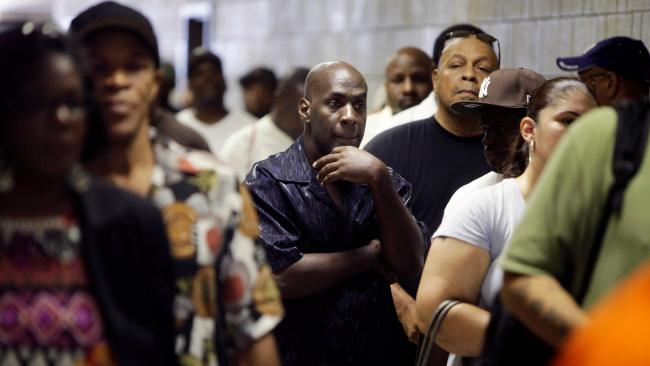(ThyBlackMan.com) Covid-19 presents more than a health threat: the disease may also be a threat to your finances.
If you’re over 50 and especially if you’re over 65, you already know that Covid-19 presents an elevated risk to your health. No doubt you’re already practicing social distancing, wearing a mask when you do go out, and practicing good hygiene.
Tragically, you probably also know that African-Americans and other minority groups have been suffering disproportionately from Covid-19. This makes it all the more important to keep practicing social distancing. It also means you’d be well advised to think about the threat Covid-19 may pose to your financial future.
What risks does Covid-19 pose to your financial health?
Let’s start with the obvious: if you catch this disease, you may have to pay for some of your treatment. This is far from the only financial risk Covid-19 poses to you, but it’s definitely on the list.
Even supposing you’re covered – let’s say you have a good Medicare plan – there are other risks.
If you’re still working, Covid-19 will throw a wrench into your working time. If you own a business, there’s the impact of lockdowns, potentially sick employees, and of course the general economic fallout.
Do you need credit? Banks are having a tough time right now.
It’s true that the government has offered assistance to Americans through the CARES Act 2020 stimulus. That’s good news, but what if it’s not enough?
Government assistance sounds great, but the reality is always that someone has to pay for it – and this gets into another possible financial impact.
Social Security has been in trouble for a long time, because there are relatively more retirees and relatively fewer people in the younger generations paying into it. Before the pandemic, it was already dipping into its reserves and estimated to be headed toward insolvency – not being able to pay the full amount promised – around 2035.
Thanks to the economic downturn caused by the reaction to the coronavirus, Social Security is in even worse shape. Fewer people are paying in. And because the government has paid out so much money already, the options for addressing this problem are fewer.
All of this points to the importance of considering a reverse mortgage for your financial health.
We’ve talked before about mental health during the Covid-19 pandemic, and while you can be happy and healthy even if you don’t have much money, there’s no doubt that financial security is helpful to having a positive and happy outlook.
One powerful way you can fight back is through a reverse mortgage (you can check out https://reverse.mortgage/ for information of the types of lenders available).In a reverse mortgage, a homeowner who is age 62 or older takes a part of the equity they own in their home and withdraws it as a loan. Think of it like this: if you paid for your house, you can borrow against some or all of that value.
What makes a reverse mortgage special is that you can keep on living in your house for the rest of your life. You receive money for the value you already spent on your home, but you don’t have to worry about paying it back: instead, the bank paying your reverse mortgage gets your home once you have passed.
Another way to think of a reverse mortgage is that you’re selling your house to someone else, but you get to keep using your house and live there as if you still owned it. The change of ownership does not really take effect so long as you are alive.
Also, you can never be on the hook for more than the total amount of what your home is worth, no matter how much you borrow.
Of course, you’ll have to qualify. This means no liens on your property – you have to be current with your property taxes and homeowner’s insurance – and you have to be at least 62.
Some reverse mortgages pay in one lump sum, while others pay regularly in installments. You’ll have more options if the value of your property is greater, and you’ll have more favorable interest rates the older you are.
The great thing about a reverse mortgage is that it provides you with a way to help pay for a nice living in your golden years, while still allowing you the security of staying in your own home. It’s more financial security, paid for by your own investment.
These are uncertain times, as the health risks of Covid-19 are compounded by the impact of the lockdowns and the recession. If you’re a homeowner of 62 years of age or older, why not see if you can qualify for a little more financial security?
Staff Writer; Larry Parker

















Leave a Reply